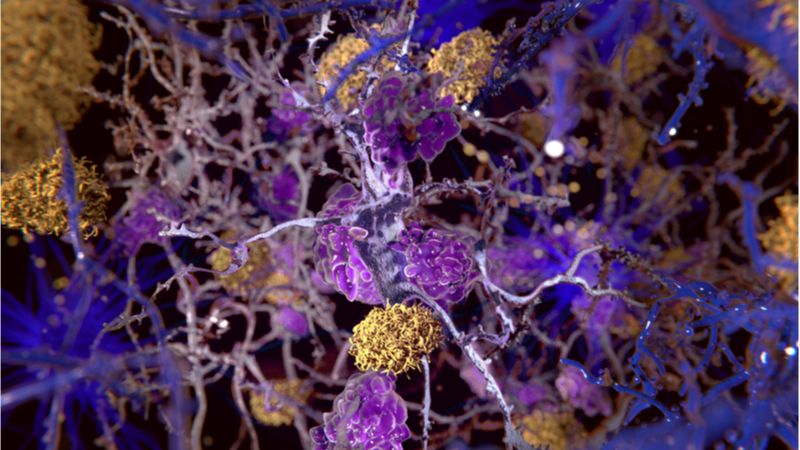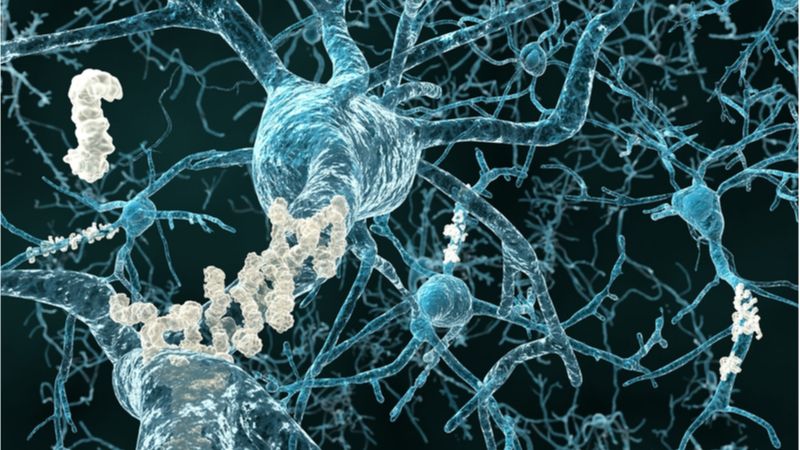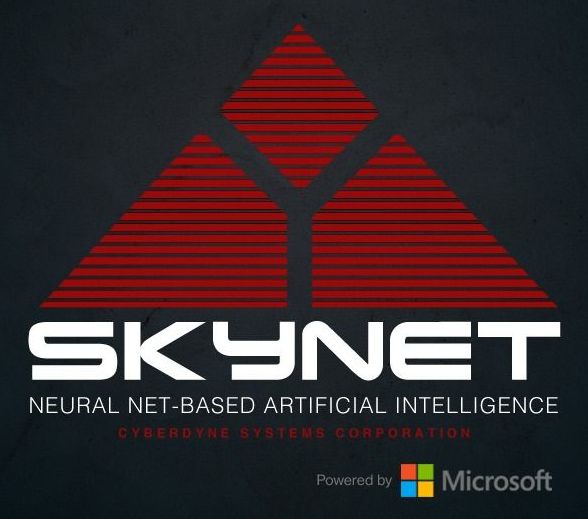In a recent study, a team of researchers has discovered that a naturally occurring protein called Lipocalin-type prostaglandin D synthase (L-PGDS) prevents, and can destroy, the protein aggregates associated with Alzheimer’s disease.
Surprisingly common and with critical functions
L-PGDS is a common protein, second only to albumin, in the human brain. It provides several critical functions, including regulation of processes and protection against further damage from ischemic strokes. It has been shown to be a molecular chaperone, preventing amyloid beta from forming the deadly aggregates associated with Alzheimer’s, and, perhaps most importantly, it has been shown to destroy aggregates that already exist. Not surprisingly, people who suffer from Alzheimer’s disease lack adequate amounts of this critical protein.



